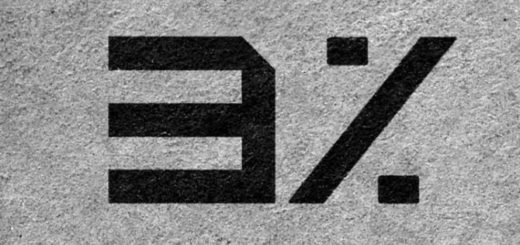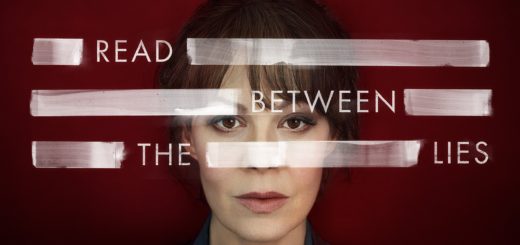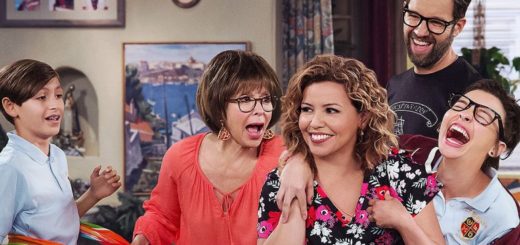THE CROWN Review
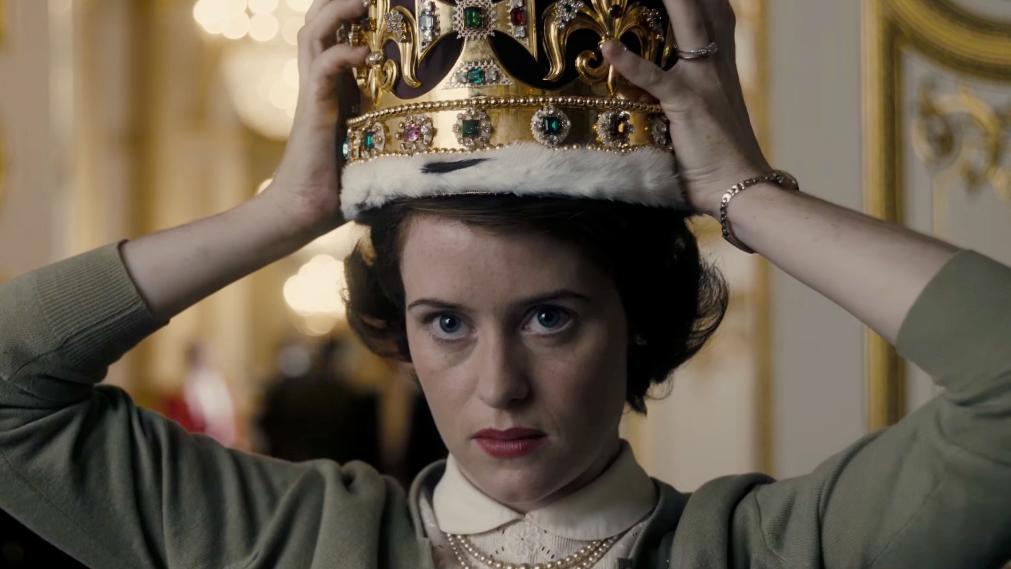
You can’t fault THE CROWN on technical accomplishment. The series’s $100 million price tag is well spent and it’s all 110% up to snuff with what we’ve come to expect from the money and talent that Netflix has access to. If you like period pieces and/or a nice, slow drama then you’ve found your winter show to cuddle up with over Thanksgiving break (until the GILMORE GIRLS revival drops).
THE CROWN follows the ascension and early reign of Queen Elizabeth II (the current and longest-reigning monarch in England’s history), and in addition to the impressive production design, it features some beautiful writing from creator and showrunner Peter Morgan. Not a huge surprise, as he’s a two-time best screenplay Oscar nominee for FROST/NIXON (2008) and THE QUEEN (2006), the former based off a play of his own writing and the latter related to his play “The Audience.” Having won Helen Mirren an Oscar and a Tony for playing Elizabeth II in two different works, I wouldn’t think the greenlight decision for the latest Netflix drop was all that difficult.
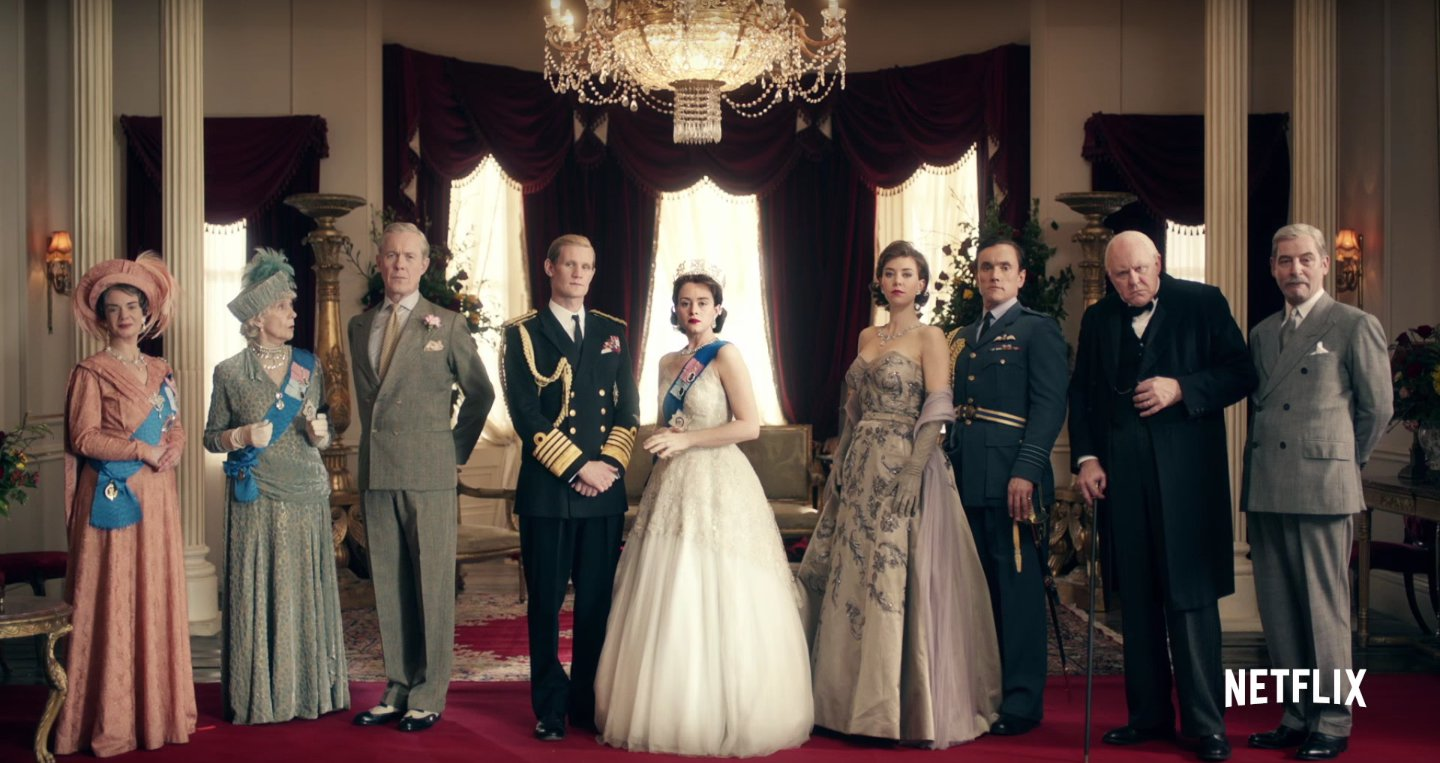
So many white people
Morgan has become known for tackling major political and cultural events through their primary players — journalists, politicians, and monarchs — with that British-Broadway good-but-slightly-stuffy style that (when there’s talent behind it) gets you Oscar and Tony nominations. And he knows it too — when he wrote RUSH (2013) he jokingly referred to it as his IRON MAN given the amount of “cars, sex, and death.” It’s nice to be self aware, but in a show about a dated institution struggling to find relevancy in a changing world, he might have been just a little more invested in combatting that stereotype. And I don’t mean by sensationalizing a notoriously repressed set of characters; I mean by finding a narrative device or structure that makes us see those subtleties in a new way, something that forces us to be interested in that Oscar-nominated restraint.
I can get on board with understated dialogue. After all, the series makes a point of reminding us that the monarch of England’s primary purpose is to say as little as humanly possible, and of course that crosses over into their personalities. And I don’t mind a slow pace when it’s setup for a greater payoff, but since the series lacks an overall crescendo building to the series finale, it’s harder to forgive. That slowness instead allows the meandering to become borderline directionless; it’s mostly about role of the monarchy, but it’s also kind of about family loyalty in the face of duty, kind of a love story, and kind of a character piece about Elizabeth. Maybe it’s admirable that THE CROWN tries to take on so many themes, but the way in which they’re combined here doesn’t consistently work for me.
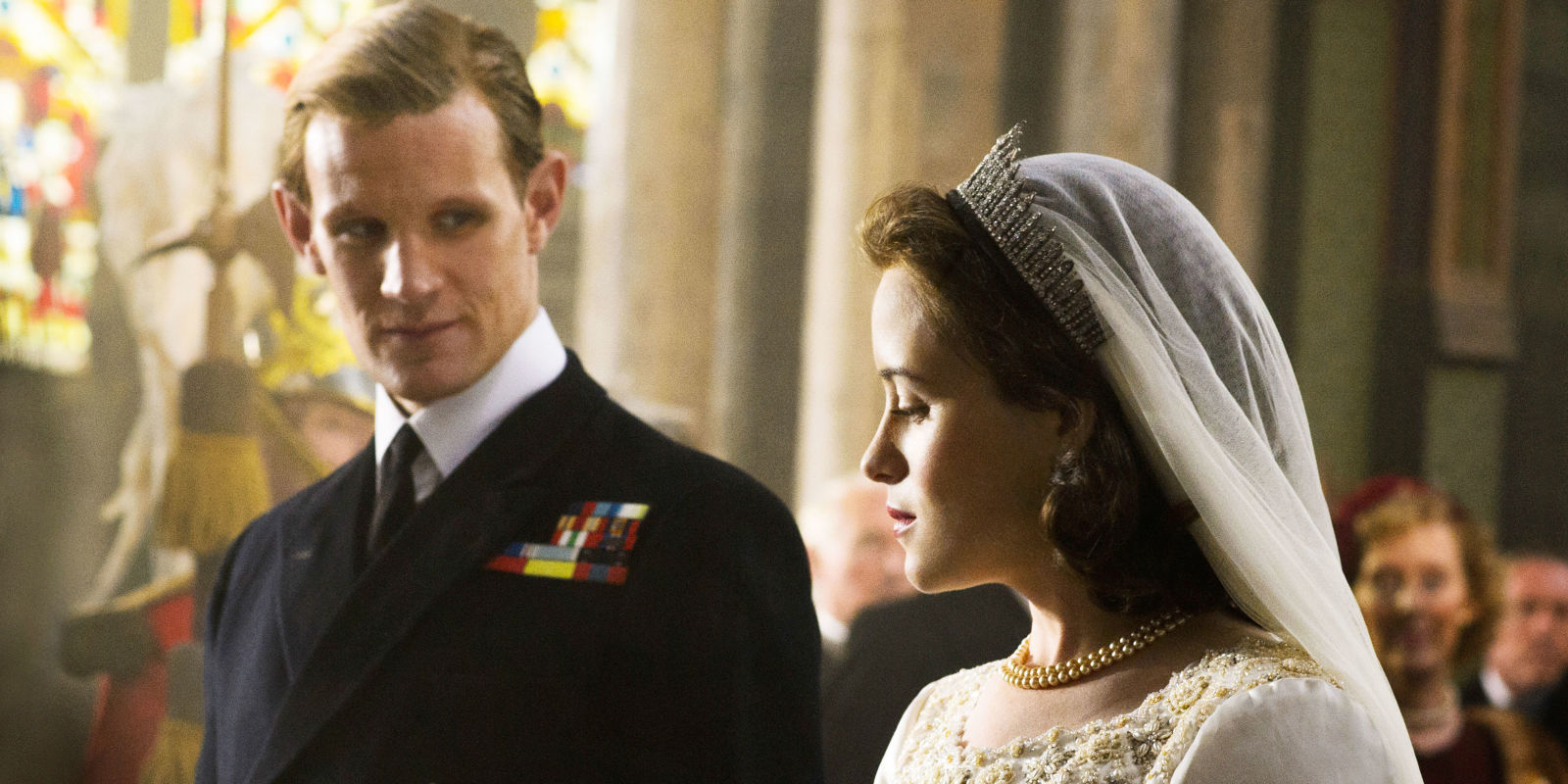
Initially I wondered why The Crown doesn’t spend any time showing us how Philip and Elizabeth met, or initially fell in love. Turns out they met and began corresponding when Elizabeth was 13
Like most historical dramas, it has to create suspense in other reveals — certain events are too well known to leave the audience in suspense. For example, since the series is entirely about the reign of Queen Elizabeth and not her father, there’s no suspense in showing the King coughing up blood in the pilot, and we’re forced to spend two episodes rather morbidly waiting for him to die so the plot can move along. And there isn’t the excuse of wanting us to see his relationship with Elizabeth, since the series gives us ample flashbacks to cover that. The more compelling reveals are the ones tied to lesser-known events or unknown motivations behind events; THE CROWN’s more successful episodes utilize this.
Structural problems go further with pitfalls usually reserved for network television, both dropping and creating plotlines out of nowhere. For example, in episode seven, it’s revealed that Elizabeth is unsatisfied with her education and hires a tutor, who is introduced and then never seen again in any future episode. Did Elizabeth continue her lessons? Did those lessons help her overcome a future personal or political challenge? No one knows. In episode nine, we learn Elizabeth had a childhood friend whom many wished she had married instead of Philip despite never mentioning him; bringing him up as a B storyline next to the much stronger storyline of Churchill’s portrait artist cheapens any narrative impact it might have had in building up the tension between Philip and Elizabeth. If you’re on Netflix, you’re afforded the luxury of writing your entire season at once, so you can make sure this kind of stuff doesn’t happen.
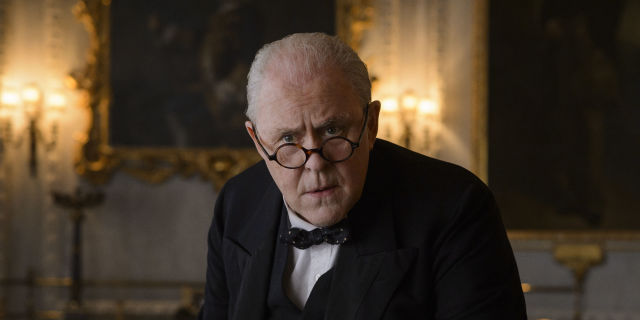
John Lithgow is going to get a lot of accolades for this role, so I’d like to take this moment to remind you all that SHREK’s Lord Farquaad is now the prime minister of England
An ensemble piece is a great choice to capture all the angles of the monarchy and the way in which other walks of life affect it; however, the ensemble is clearly favored towards John Lithgow’s Churchill, and it’s hard to find a reason other than that it was a role written expressly for awards bait. “Assassins,” a beautiful episode about the conversations between the prime minister and his official portrait artist, exists as an interesting window into Churchill’s personal views — or it would be if we hadn’t already been hit over the head with his character’s brash world views in almost every preceding episode.
If you’re going to break with structure, then break completely. Think of THE LEFTOVERS’s episode which follows only Christopher Eccleston’s character on a single narrative quest to save his church, which ties in with the rest of the season without ever cutting to a B story. Given the disjointed nature of the flashbacks, I’d have rather seen 12 40-minute episodes with two or three offshoots covering the abdication, Churchill, and episode eight’s feature on the Queen Mother’s desire for escapism, versus matching story arcs by runtime.
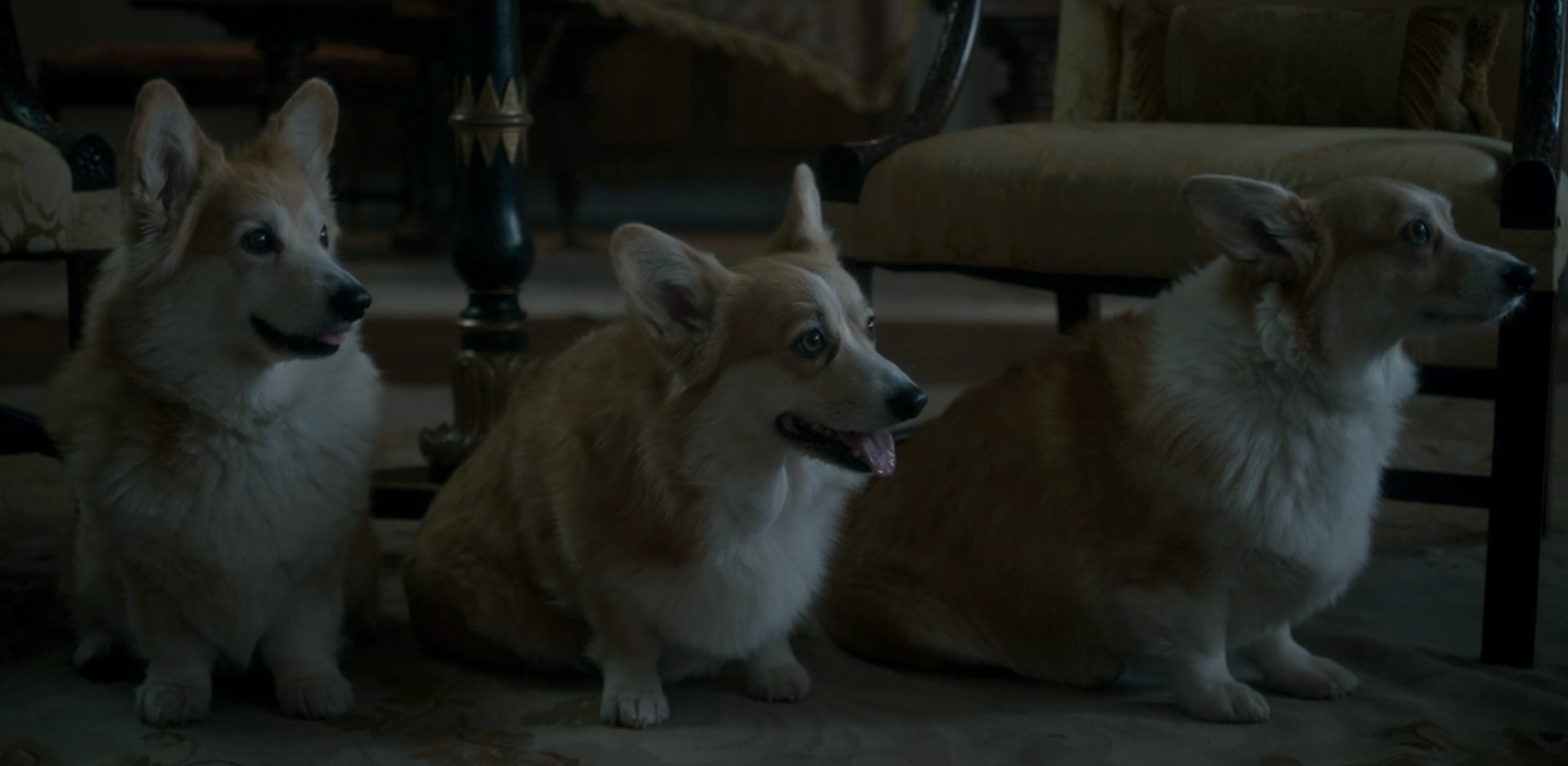
Alternative, condensed review: not enough corgis
Somehow the more I think about THE CROWN, the more I feel inclined to defend it from my earlier attacks. It’s a solid piece, and it would be untrue to say that the series never once surprised me; for example, I never thought I’d see Prince Philip ask the Queen of England to blow him, or a genuine horse mating scene in its entirety (on a serious note, there were pleasant surprises with Margaret and Edward’s character arcs.) Additionally, it just picked up three Critics Choice nominations — Supporting Actor for John Lithgow as Winston Churchill and Guest Actor for Jared Harris as King George VI, in addition to Best Drama Series. If this is any indication, expect to see repeat nominations at the Globes and possibly next year’s Emmys. Nothing yet for Claire Foy in the lead or Vanessa Kirby as Princess Margaret, but give it time.
Maybe I’m nitpicking or spoiled by other amazing shows I like better, but just because you can create 10 hours of decent content doesn’t mean you’re excused from striving to surpass expectations or doing something new. And if that’s not universally understood, then I’m not sure what the point of “peak TV” is.
THE CROWN is good, and other people (and awards shows) will call it amazing. I’m not sure I mind either way, but the more I hear the term “must-see TV,” the harder I find it to forgive missed opportunities.
Verdict: Recommend

